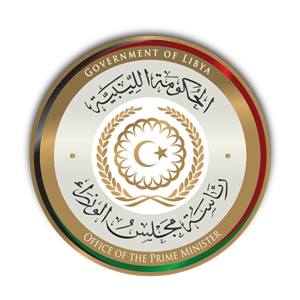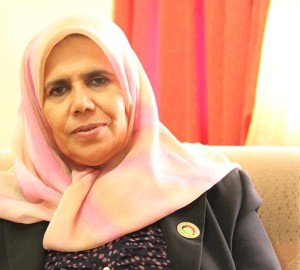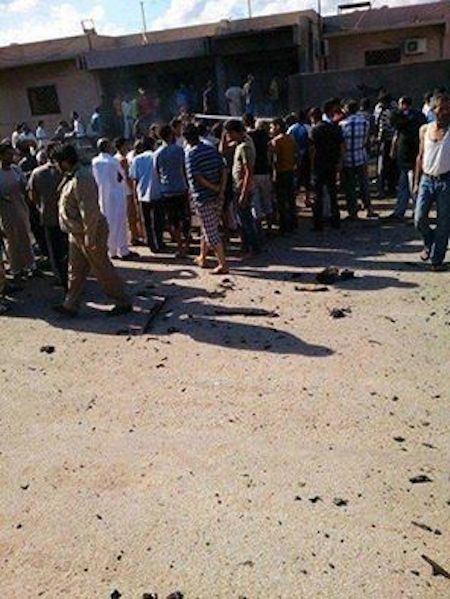By Sami Zaptia.

Tripoli, 17 July 2014:
The Libyan government has today threatened warring militia leaders with both local and international prosecution if . . .[restrict]they do not heed its call for an immediate ceasefire to their “heinous crimes”.
In a statement released today, the government said that it is carrying out consultations through the Ministry of Justice and other relevant sectors with local and international legal actors with regards to the criminal indictment of any leaders of any armed groupings that do not ceasefire.
The government said that the parties should immediately obey its instruction to stop the shelling of urban or civilian areas and the use of force against state institutions, including airports and aircraft.
It further said that this criminal indictment will not exclude anyone who commits such heinous crimes that are threatening Libyans and the nations.
It will be recalled that so called liberal militias and so called Islamist militias have clashed in a fight to control Tripoli Airport with grad rockets, RPG’s and anti aircraft guns, leading to damage to the airport, considerable damage to aircraft and some damage to surrounding urban areas.
With today’s statement, the government seems to be turning up the political heat on the militias, as in reality it has very little leverage or power in the form of a military deterrent against them. The best it can hope for is tribal and social pressure as well as public opinion locally, and international pressure through various statements from allies and the UN.
The only real leverage it can exercise is the ceasing of payment of militia wages and the withdrawal of legal recognition. Although it is not clear how much political power the “Caretaker” Abdullah Thinni government has with regards to stopping wages and withdrawing legal recognition of the warring militias. This may need the newly elected legislature of the House of Representatives to be able to take such a measure.
One irony and tell tale sign of the government statement is that it refers to the warring armed groups as “armed groupings”, which could be interpreted as another way of saying armed militias. However, in reality and on the face of it, these so-called “armed groups” are members of or constituent parts of the official Libyan Army.
Both the alleged main proponents in the Airport clashes, the Zintani-led Sawaig and Qaqaa brigades on the one hand, and the Misrata led Central Shield and its allied brigades on the other, are fully recognized by the Libyan state. They are both supposed to represent the state, and hence the Libyan people.
However, in reality, they are indeed both militias spontaneously created during the 17 February Revolution which later on received recognition of the state – including salaries. They still continue to get paid today as they both fight out a turf war for power and control for Tripoli’s International Airport.
The Central Shield is in fact an aggregation of tens of militias, mainly but not exclusively, from Misrata. Both sets of militias assert that they represent and speak for the Libyan people and the ideals of the 17 February Revolution. Yet Libya has had two legislative elections during which the Libyan people elected a democratic legislature – including June’s House of Representatives elections.
The challenge for Libya’s newly democratically elected legislature is how to transfer the political power of the militias emanating from their role in the revolution (to the victor the spoils) to the newly elected body, whilst at the same time including the militias and fulfilling their political dreams and desires. [/restrict]









